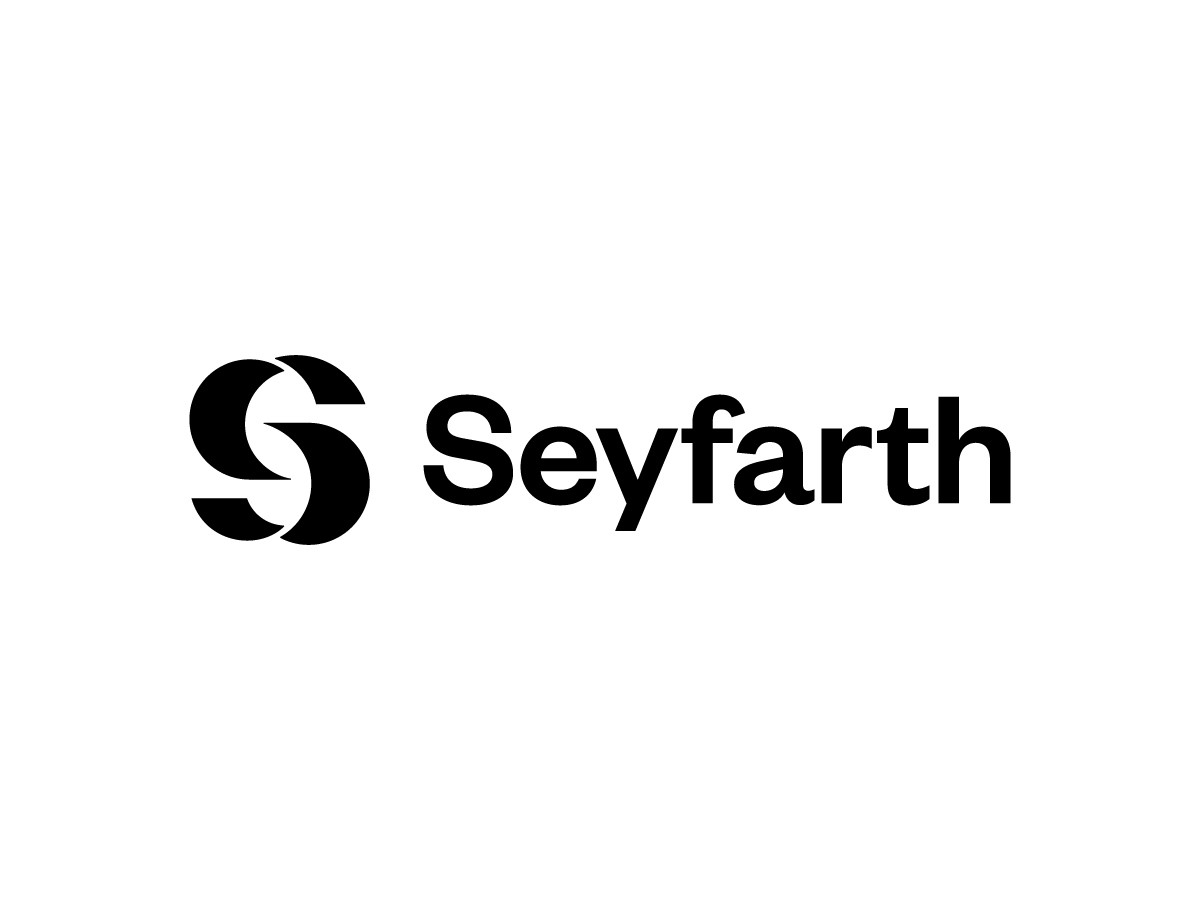5 Legal Considerations for Your Software Escrow Agreement | NCC Group
As third-party technology and outsourced IT play an increasingly critical role in business operations, it’s essential to protect critical software applications from potential disruptions. A Software Escrow Agreement is a three-party agreement between a software supplier, software customer, and an independent escrow provider, that provides this protection.
As part of the initial service level agreement, the escrow agreement ensures the software source code or other intellectual property (IP) is held in a secure vault. If the supplier is no longer able to support the application for reasons specified in the escrow agreement (such as bankruptcy), the held materials will be released, enabling the customer to keep their critical application up and running.
However, the software escrow process is not always straightforward, and finalising agreements can be complex and time-consuming. That’s why our in-house legal team works closely with all parties involved to develop escrow agreements that meet their business needs, requirements, and business continuity plans.
Here are five crucial things you should consider when implementing an escrow agreement:
1. Agree as much as possible up front
The software escrow process can sometimes be lengthy due to the number of parties involved; therefore, by discussing escrow early and leaving enough time for negotiation, both parties can ensure that the terms of the agreement are well understood and agreed upon. This can help avoid disputes further down the line.
Our best practice advice is to discuss escrow and agree the terms of the escrow agreement in advance of, or during, the negotiation stages of the software license agreement. We would also advise attaching a copy of the escrow agreement to the license agreement so that this can be agreed upfront. However, we can also support those who are looking to consider escrow once the license agreement has already been signed.
2. Negotiate the Agreement
During the implementation of any escrow agreement, all parties will be involved in the negotiation of the terms. If escrow has been considered from the outset, then the negotiation of the escrow agreement should not be too demanding. Our team can be provided with a screenshot of the relevant terms of the license agreement that reference escrow, and we will draft these specifics into the agreement.
NCC Group will always act as an independent third-party during negotiations, but we will try to facilitate a compromise to push discussions forward. Learn more in our legal guide.
3. Key Terms and Release Conditions
There are many elements to an escrow agreement, and all parties should look to discuss in detail and agree upon key areas before the agreement is finalised and implemented. This could include fees and who will be paying them, deposit frequency, what happens in a release event, and the level of verification required.
For a more detailed overview of the key terms and release conditions you should look to address in your software escrow agreement, read our insights blog.
4. Choose an Independent Third-Party
There are a number of parties involved in an escrow agreement, all with their own organisational needs and requirements. During the negotiation stages, an independent third-party escrow agent, such as NCC Group, can facilitate discussions to ensure that the terms agreed are in line with the licensee’s intended use for the deposit material in a release event and ensure that the software vendor’s intellectual property rights (IPR) are protected.
An independent third-party escrow agent can also provide expertise, technical and legal support, guaranteeing an independent and quality service for all parties.
5. Ongoing Concerns
Consider any ongoing changes that may alter the escrow agreement. For example, changes to the software license agreement will also affect the escrow agreement, both must be updated in line with each other. Other changes may be a result of increased dependency on an application or the frequency with which the application is updated; both will require the vendor to make additional deposits beyond what was originally agreed upon and included in the escrow agreement.
By considering all ongoing changes that may affect the escrow agreement, you can ensure that the material held in escrow is kept up-to-date and that, in a release event, all parties are in agreement on how the material will be used.
[View source.]






